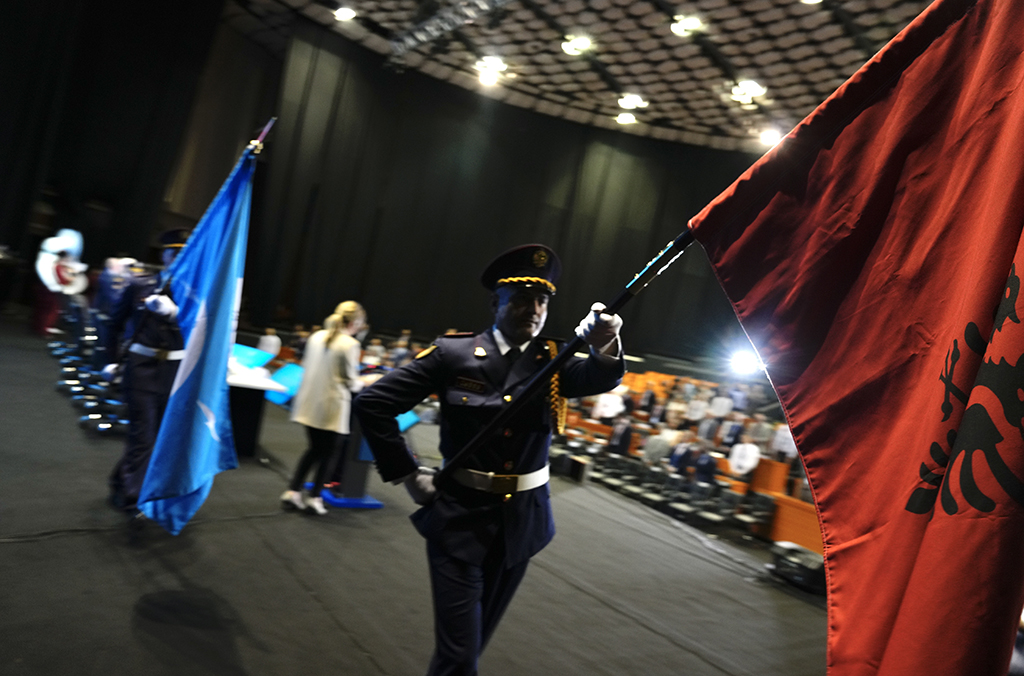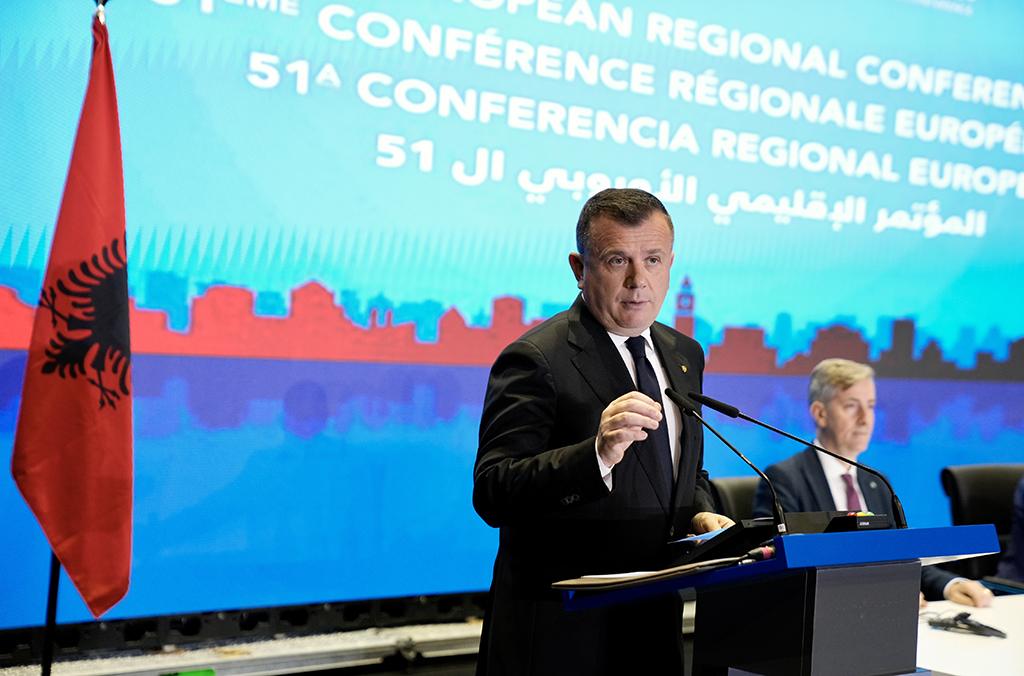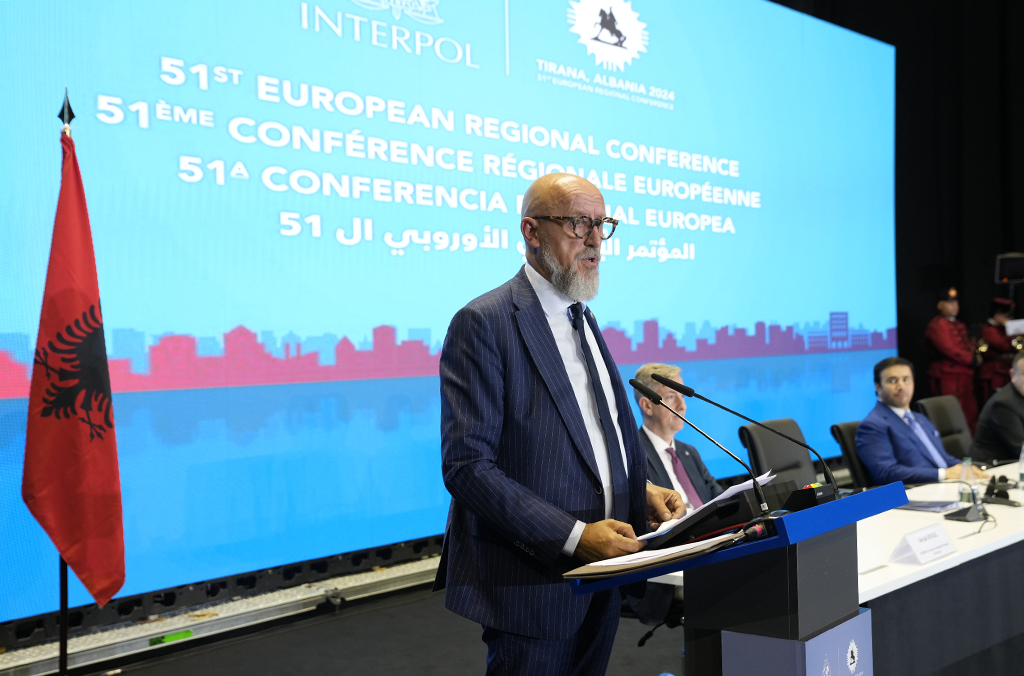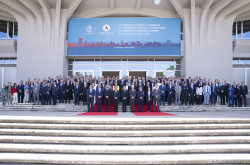TIRANA, Albania – INTERPOL’s European Regional Conference has ended with renewed momentum to combat transnational organized crime in all its forms, across the region and beyond.
The meeting provided an opportunity for in-depth discussion on the challenges facing law enforcement dealing with an increasingly sophisticated and diverse crime threat landscape.
“While Europe may be INTERPOL’s most active region, the threat posed by organized crime makes information sharing at both the regional and global level more important than ever,” said Peter De Buysscher, INTERPOL Vice President for Europe, who chaired the conference. “We must work to ensure that gaps are not created for criminals to exploit.”
INTERPOL Secretary General Jürgen Stock said:
“Organized crime is becoming more violent and more complex. Without greater information sharing, more cooperation, no country in the world can cope with this challenge on their own.
“The discussions and decisions from this conference underline law enforcement’s commitment to work at the regional and global level to combat this threat.”
As environmental crime reaches a critical stage in the European region with diminishing natural resources and climate change impacting food security, livelihoods and habitats, delegates endorsed a recommendation for increased operational activity to combat this threat.
Greater cooperation across relevant law enforcement sectors, such as fisheries, wildlife and financial authorities, was also recognized as essential for effective action.
Biometrics
Enhanced use and sharing of biometric data via INTERPOL to identify criminals involved in transnational organized crime was also highlighted as a key part of disrupting illicit networks.
INTERPOL’s Biometric Hub is a state-of-the-art system for identifying criminals, enabling law enforcement to upload fingerprints and facial recognition images for comparison against the Organization’s databases for potential matches.
During the conference, delegates were also updated on results achieved through INTERPOL’s International Child Sexual Exploitation (ICSE) database.
Connecting victim identification specialists worldwide, the ICSE database supports the analysis and comparison of images, avoiding the duplication of effort and saving precious time if a series of images has already been discovered or identified elsewhere.
The three-day (11 – 13 June) conference brought together some 160 senior police leaders from 54 countries in Europe and around the world.
الأخبار ذات الصلة بالموضوع













